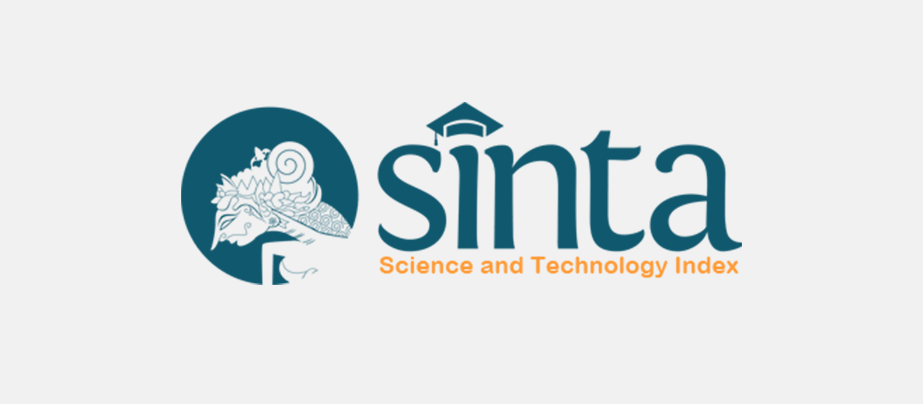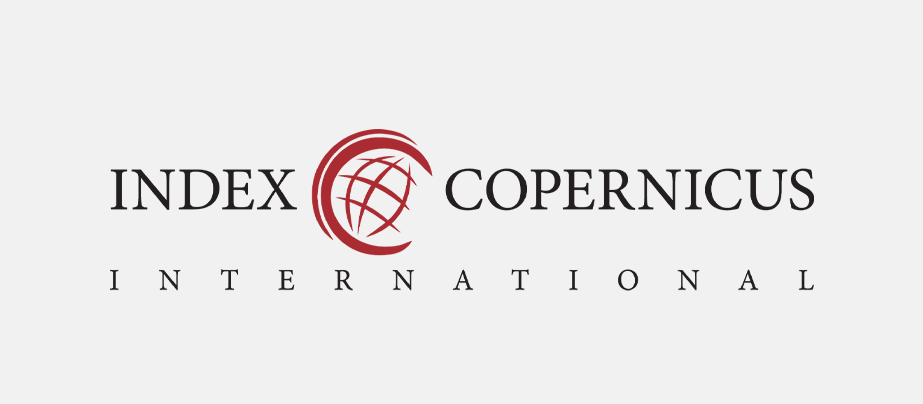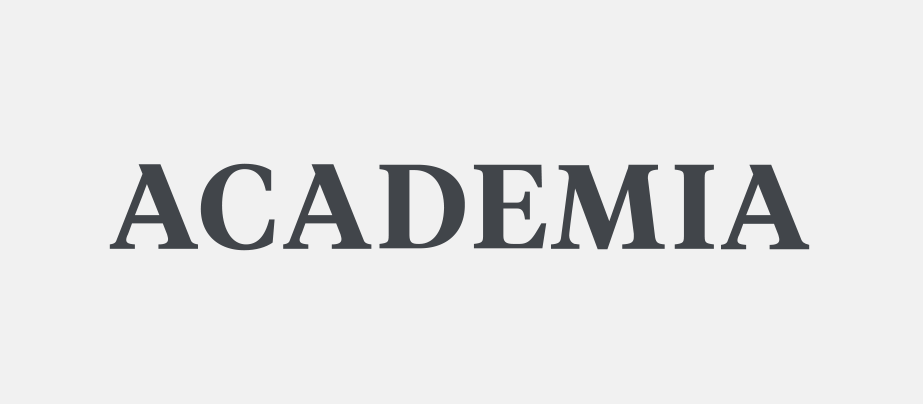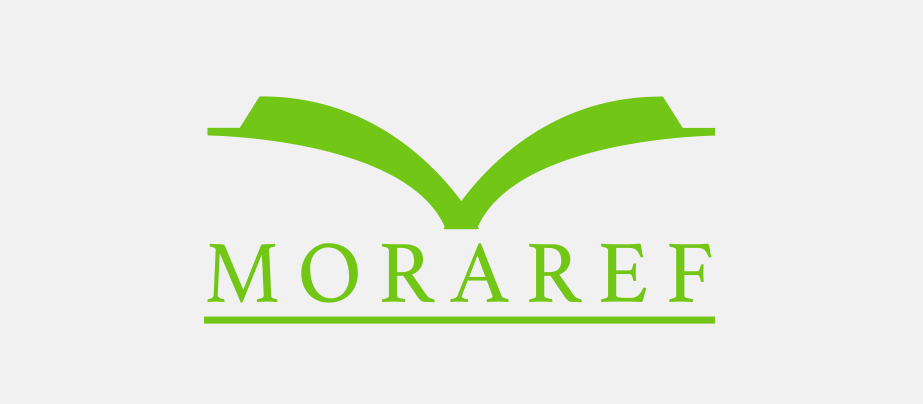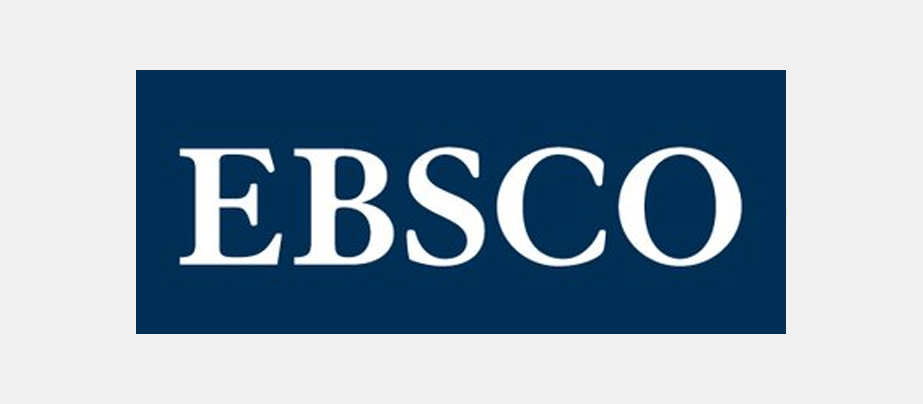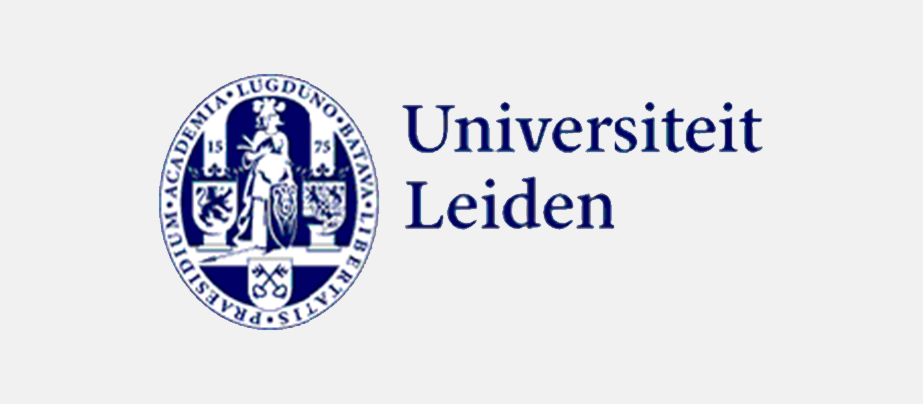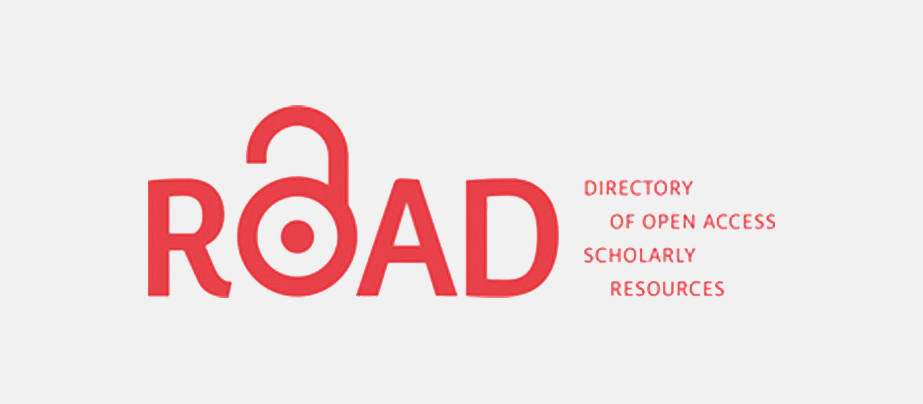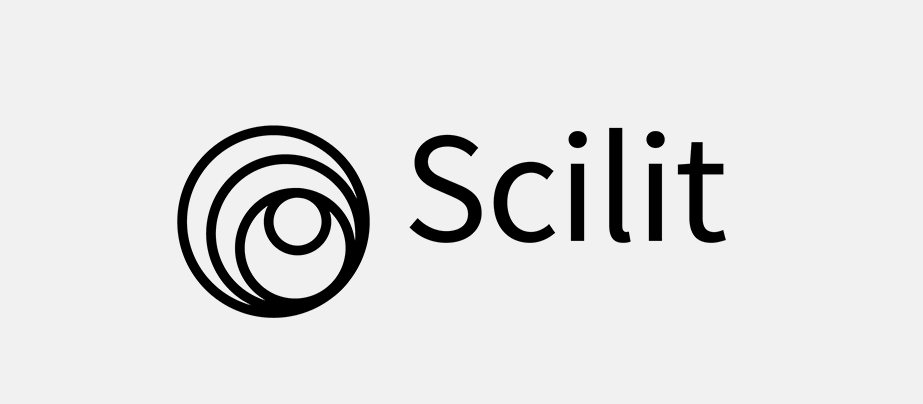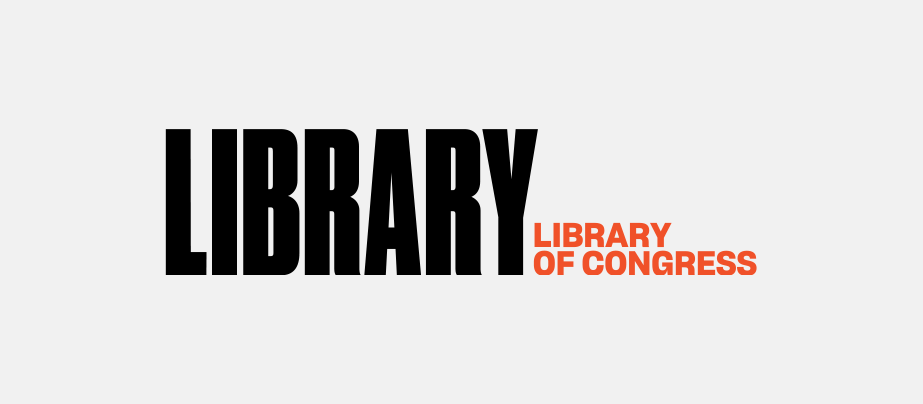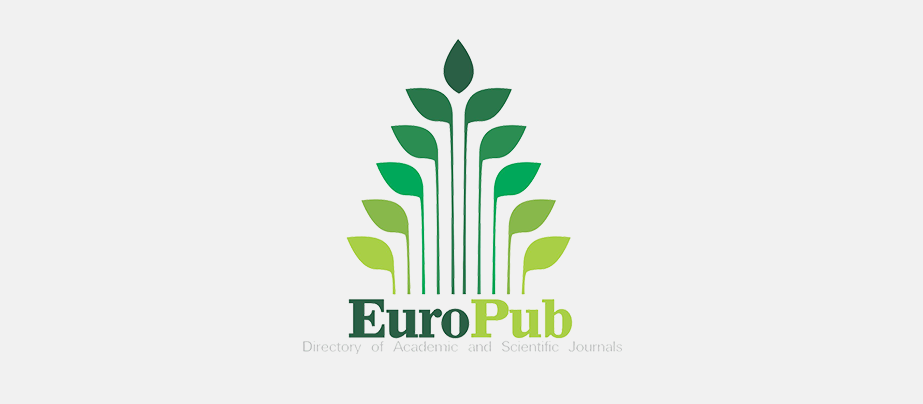Hukum Vaksin MR: Teori Istihalah dan Istihlak versus Fatwa MUI
Abstract
Measles and rubella are infectious diseases that cause very dangerous diseases throughout the world. Both diseases are incurable; can only be prevented by administering the MR (Measles Rubella) vaccine. However, in Indonesia, the implementation of vaccination for these two diseases did not run smoothly due to the circulation of information that the basic ingredients or the process of making vaccines involved elements of pigs. On that basis, the Indonesian Ulema Council issued Fatwa Number 33 of 2018 concerning the Use of Mr (Measles Rubella) Vaccine Products from SII (Serum Institute Of India) for Immunization which stipulates that "the use of vaccines that utilize pig elements and their derivatives is unlawful". The MUI equates the involvement of pork as the main ingredient and as a medium for making vaccines. This paper relates the fatwa to the prohibition of certain objects in the Qur'an, hadith, and interpretations made by scholars, especially related to the theory of istihālah (perfect change) and istihlāk (mixing). Both of these theories are used in the thought of the scholars of schools and at the present time, especially in objects that are changed through fermentation and synthetic processes, which can be called chemical engineering.
Campak dan rubella merupakan penyakit infeksi yang mengakibatkan pernyakit sangat berbahaya di seluruh dunia. Kedua penyakit tidak dapat diobati; hanya dapat dicegah dengan pemberian vaksin MR (Measles Rubella). Namun demikian, di Indonesia, pelaksanaan vaksinasi untuk kedua penyakit ini tidak berjalan lancar karena beredarnya informasi bahwa bahan dasar atau proses pembuatan vaksin terlibat unsur babi. Atas dasar itu, Majelis Ulama Indonesia menerbitkan Fatwa Nomor 33 Tahun 2018 tentang Penggunaan Vaksin Mr (Measles Rubella) Produk dari SII (Serum Intitute Of India) untuk Imunisasi yang menentukan bahwa “penggunaan vaksin yang memanfaatkan unsur babi dan turunannya hukumnya haram”. MUI menyamakan keterlibatan unsur babi sebagai bahan utama dan sebagai media pembuatan vaksin. Tulisan ini mengubungkan fatwa tersebut dengan keharaman benda tertentu dalam al-Qur'an, hadis, dan penafsiran yang dilakukan para ulama, terutama terkait dengan teori istihālah (perubahan sempurna) dan istihlāk (percampuran). Kedua teori ini digunakan dalam pemikiran para ulama mazhab dan pada masa sekarang, terutama sekali pada benda-benda yang berubah melalui proses fermentasi dan sintetis, yang dapat disebut sebagai rekayasa kimiawi.
Keywords
Full Text:
PDFReferences
Abidin, I. (2000). Radd al-Muḥtār ‘alā al-Durr al-Mukhtār Hasyiah Ibnu `Abidin jld VI. Dar al-Fikr.
Abu Dawud, S. bin al-A. al-S. al-A. (1997). Sunan Abī Dāwūd. Dar Ibn Hazm.
Al-Bajuri. (n.d.). al-Hashiah al-Bajuri `ala Ibnu Qassim al-Ghazzi: Vol. I (- (ed.); I, Issue Fiqh). Al-Hidayah.
Al-Jawziyyah, I. Q. (n.d.). I`lam al-Muwaqqi`in `an Rabb al-`Alamin (II). Dar al-Fikr.
Al-Musa, et al., M. bin I. (2011). al-Fiqh al-Muyassar (I). Madar al-Watan.
Al.Fatih, gultekin et. (2020). Evaluation of Food Additive in Terms of Istihalah. Journal of Halal Life Style, II(1). https://dergipark.org.tr/en/pub/apjhls/issue/55626/713197
Ibnu Hazm, A. M. A. (1928). Al-Muhalla (I). Dar al-Fikr.
Izhar, M., Bin, A., & Kashim, M. (2017). Istihalah Dan Kesannya Kepada Makanan Menurut Perspektif Islam. E-Bangi : Journal of Social Sciences and Humanities, 14(2), 102–111.
Jamaludin, M. A., Ramli, M. A., Hashim, D. M., & Rahman, S. A. (2012). Fiqh Istihalah: Integration of Science and Islamic Law. Revelation and Science, 2(2), 117–123.
Jurjani, A. bin M. (1995). Kitab al-Ta’rifat, Juz I (I). Dar al-Kutub al-`Ilmiyyah.
Kashim, M. I. A. M., Alias, M. N., Zin, D. M. M., Said, N. L. M., Zakaria, Z., Salleh, A. D., & Jamsari, E. A. (2018). Istihalah and its effects on food: An islamic perspective. International Journal of Civil Engineering and Technology, 9(1), 755–762.
Mahaiyadin, M. H., & Osman, M. R. (2018). Kesan Penerimaan Aplikasi Istihalah Terhadap Hukum Produk yang Mengandungi Derivatif Muharramat. Journal of Fatwa Management and Research, 10(1), 101–119. https://doi.org/10.33102/jfatwa.vol10no1.32
Mohd Kashim, M. I. A., Ab Rahman, Z., Mohd Noor, A. Y., Md Sham, F., Hasim, N. A., Safiai, M. H., Mokhtar, M. H., & Hamjah, S. H. (2020). Principles regarding the use of haram sources in modern food products: An Islamic perspective. Journal of Critical Reviews, 7(5), 1017–1024. https://doi.org/10.31838/jcr.07.05.206
Mohd Kashim, M. I. A., Mat Zain, M. N., Ahmad, M. Y., Jamsari, E. A., & Mat Zin, D. M. (2018). Haram sources in food processing according to shariah perspective. International Journal of Civil Engineering and Technology, 9(4), 1437–1443.
Nasā’ī, A. ʻAbd al-R. A. bin S. bin ‘Alī al-. (n.d.). Sunan al-Nasā’ī (M. N. Albani (ed.)). Maktabah al-Maʻārif li al-Nasyr wa Tawzīʻ.
Nawāwī, M. al-D. A. Z. Y. bin S. al. (1929). Ṣāḥīḥ Muslim bi Syarḥ al-Nawāwī (I). Maṭbaʻah al-Miṣriyyah.
Nuryani, A., & Mohd Kashim, M. I. A. (2014). Istihalah Dalam Pandangan Islam. Fikiran Masyarakat, 2(1), 19–27.
Qudamah, I. (1997). al-Mughnī Jld (VII). Dar`Alim al-Kutub.
RI, K. K. (2018). “Jalan Panjang Terbitnya Fatwa MUI Nomor 33 Tahun 2018 dalam Rangka Mendukung Imunisasi. https://sehatnegeriku.kemkes.go.id/baca/rilis-media/20180907/5927834/jalan-panjang-terbitnya-fatwa-mui-nomor-33-tahun-2018-rangka-mendukung-imunisasi/
Rosman, A. S., Khan, A., Fadzillah, N. A., Darawi, A. B. S., Hehsan, A., Hassan, A. M., Ghazali, M. A. ikhsan, & Haron, Z. (2020). Fatwa debate on porcine derivatives in vaccine from the concept of physical and chemical transformation (Istihalah) in Islamic jurisprudence and science. Journal of Critical Reviews, 7(7), 1037–1045. https://doi.org/10.31838/jcr.07.07.189
Rusyd, I. (1995). Bidāyat al-Mujtahid wa Nihā al-Muqtasid (I). Dar al-Fikr.
Sa`di. (1998). al-Qamus al-Fiqh (- (ed.); I). Dar al-Fikr.
Saadan, M. (2010). Pendekatan Istihalah dan Produk yang Berunsurkan Babi (- (ed.); I). Kuala Lumpur University. -
Sarakhsi, A. (n.d.). Kitāb al-Mabsūṭ jld 24. Dar al-Ma`rifah.
Shah, H., & Yusof, F. (2014). Gelatin as an ingredient in food and pharmaceutical products: An islamic perspective. Advances in Environmental Biology, 8(3 SPEC. ISSUE), 774–780.
Tirmidhī, A. ʻIsā M. bin ʻIsā bin S. al. (1968). al-Jāmiʻ al-Ṣaḥiḥ wa Huwa Sunan al-Tirmidhī, jld IV-V (A. M. Syakir (ed.); II). Muṣṭafa al-Bābī: al-Ḥalabī wa Syurakāhu.
Tuan Sidek, T. M., & Ridzwan, A. (2017). Aplikasi al-Istihalah dalam Industri Halal Semasa Menurut Perspektif Maqasid al-Shariah. International Journal of Humanities Technology and Civilization, 2(1), 1–9.
Wijayant, R., & Kaukab, M. E. (2019). Istihalah Issue of Halal Food, Medicine, and Cosmetics. Journal of Islamic, Social, Economics and Development, 4(Mac 2019), 203–213.
Zuhayli, W. (2010). al-Fiqh Islamī wā-Adilʼlatuhu (I). Dar al-Fikr.
DOI: http://dx.doi.org/10.22373/jms.v23i1.8485
Refbacks
- There are currently no refbacks.
Copyright (c) 2021 Alyasa' Abubakar

This work is licensed under a Creative Commons Attribution-ShareAlike 4.0 International License.
All papers published in Media Syari'ah : Wahana Kajian Hukum Islam dan Pranata Sosial are licensed under a Creative Commons Attribution-ShareAlike 4.0 International License. |



.png)


.png)
.png)
.png)



